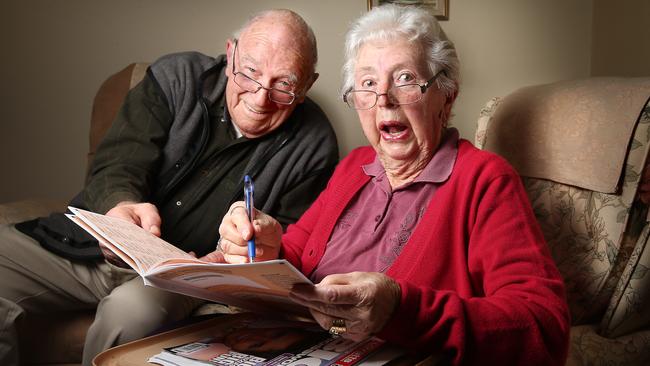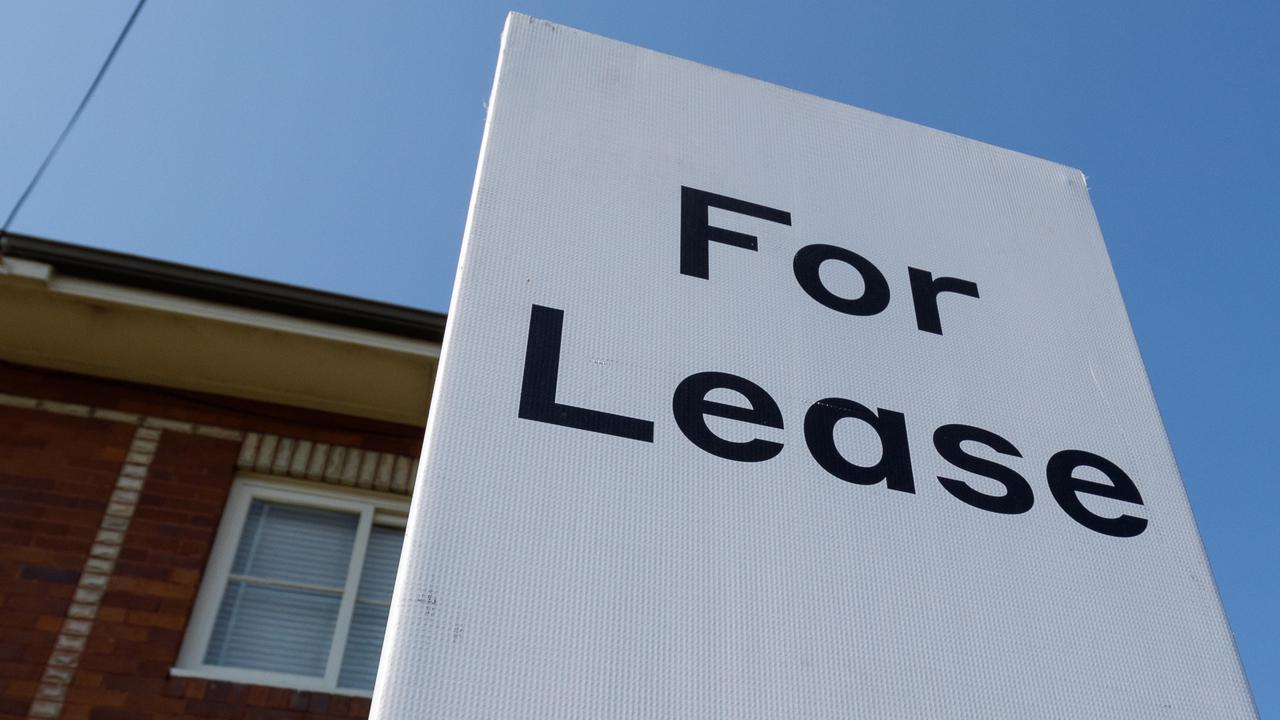Drawing a d*ck on the Census doesn’t make you cool. It makes you a d*ck
SUCK it up people and stop freaking out about our national survey. We all have to do it for a very good reason.
A MEME landed in my Facebook feed yesterday instructing me to “draw a dick on the Census!” Apparently this subversive act of penmanship would “show the Government that privacy matters”.
Now, I find crude drawings of male anatomy as funny as the next childish person. But I’m yet to be convinced on the merits of this particular form of political protest.
It’s Census time again. The least glamorous but arguably the most valuable event on the Australian calendar. The Census is the single largest collection of information about who Australians are as a people. It’s a vital snapshot in time that will guide policymaking and planning for the next half decade.
This year is the 17th Census in our country’s history and those trendy cool cats at the Australian Bureau of Statistics will be doing things a little differently.
For the first time, a majority of Australians will complete their Census online. “No religion”, will be first option offered (and is widely expected to be the most common choice) in response to the religious affiliation question. And the nature of online forms means that citizens will be required, rather than requested, to provide their name and home address.
It’s a change that’s causing some widely publicised privacy concerns in the community. Politicians, commentators and the Twitterati have raised questions about how data will be stored, how security will be maintained and why the Government links census information to individual names and addresses in the first place.

These are serious questions and they deserve serious answers. The Government should have mounted a much stronger case for why the change, however slight, is necessary. They certainly could have done a better job in explaining to the public just how far the ABS goes to protect people’s privacy.
Because the answer is: A long way.
The information each of us provides in the Census will be stored separately to our names and addresses — names and addresses will themselves be stored separately. Files containing names and addresses will also be destroyed in August 2020. As Dr Liz Allen, demographer at the Australian National University writes for news.com.au:
“The ABS is fiercely independent of government … [It is prohibited] from releasing any identifiable information outside the confines of the closely guarded Bureau — not even the prime minister can get his hands on your census data!”
Let’s not forget that most of us put our names on the old hard copy census forms anyway. They’ve also hired paid hackers to deliberately try and breach their security systems, in order to test the integrity of their cyber protection measures.
Could those digital barriers be ever broken? Yes, of course they could. Nothing in the digital world is 100 per cent certain and secure — just ask Hillary Clinton.
But Dr Nicholas Biddle and Ben Phillips, both former ABS statisticians and current fellows at the Australian National University have made the point that census data isn’t particularly useful to hackers anyway.
And they’re right.
After all, we give Mark Zuckerberg and his friends at Facebook far more lucrative and detailed information — and with far less security assurances — than we provide to the Australian Government.
If you’re genuinely concerned about digital privacy, the Google-Maps app on your smart phone and the elusive search for Pikachu are far more worthy of your attention.
Chris Libreri has worked for the ABS since 1980. This will be the eighth census he’s been involved in. So as far as glorious nerdy data boffins go, Chris is top shelf. He says that the collection of names and addresses means Australia can use longitudinal data more effectively.
“When changes are observed, researchers will be able to better assess whether the personal characteristics of a cohort of people changed over time, or whether that cohort is actually made up of entirely different people to the last time data was collected. Names and addresses make the data set richer and allow for more precise statistical analysis,” he says.
For most of us, data isn’t a sexy subject. But while the process might appear unexciting, the potential of how its results might be used to improve the way taxpayer money is spent is infinite. And don’t we all want our taxpayer money spent better?
Linking Census data with death records allows medical researchers to better understand why certain diseases affect some groups more than others — increasing their chances of finding a cure.
Census data allows urban planners to predict where young families are likely to move ahead of time and develop new parks or childcare centres sooner rather than later.
Australia has relied on Census data to help prepare us for the economic impact of the now-retiring Baby Boomers. It ensures that infrastructure in areas of rapid population growth can meet the hot-shower, toilet-flushing, rubbish-collecting needs of households.
Census data means we can hold our politicians to account when they talk about closing the gap. Without it, we wouldn’t know with any real certainty how big that gap actually was, let alone whether it was narrowing.
The data we collect in this Census will underpin how this country makes decisions for the next five years. It will ensure that policies and programs are targeted based on evidence, rather than anecdotally.
Quite simply: It will make our governments better at doing their job, which is surely something we can all agree on.
So on Tuesday night, please don’t draw a dick on your Census.
It doesn’t make you cool. It doesn’t make a clever point. It just makes you a dick.

Jamila Rizvi is a writer, presenter and regular news.com.au columnist. You can follow her on Facebook and Twitter.




